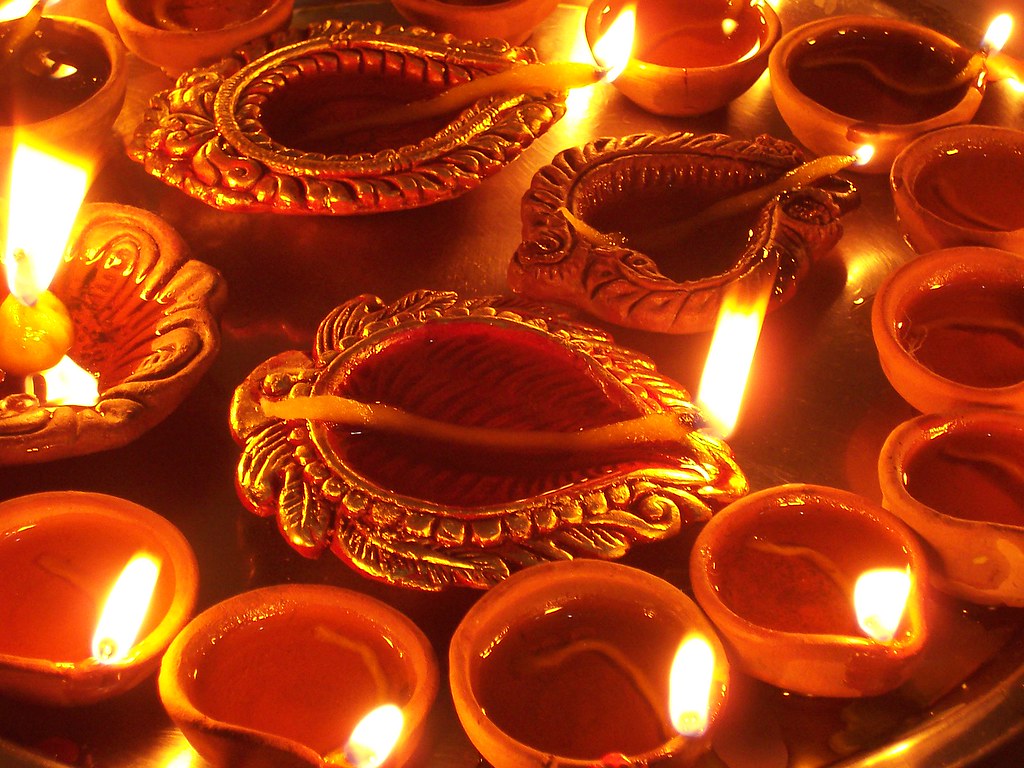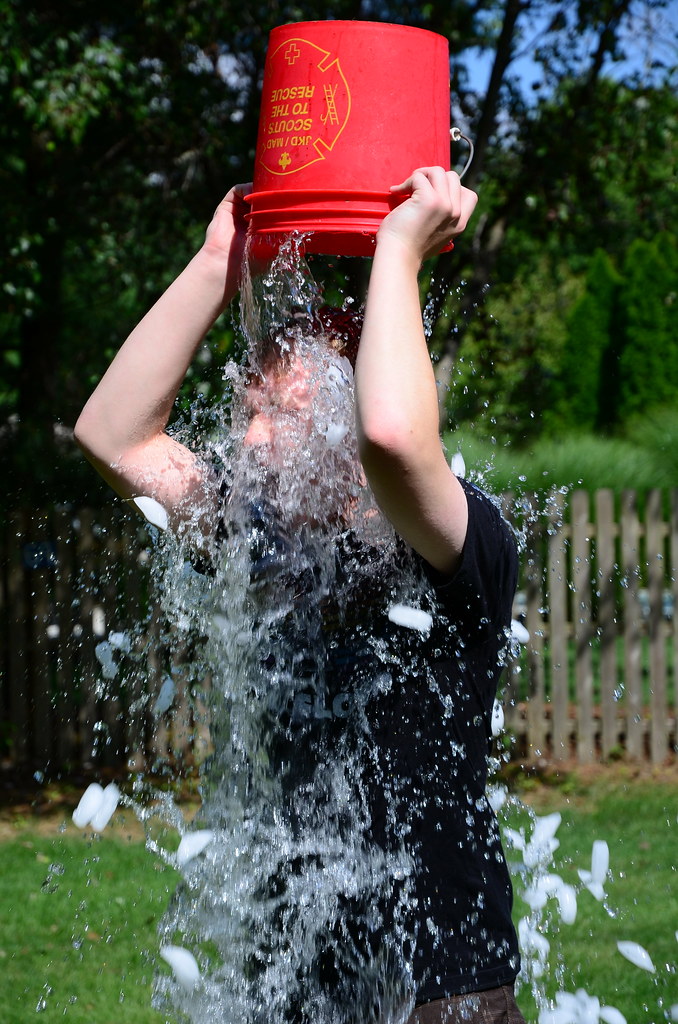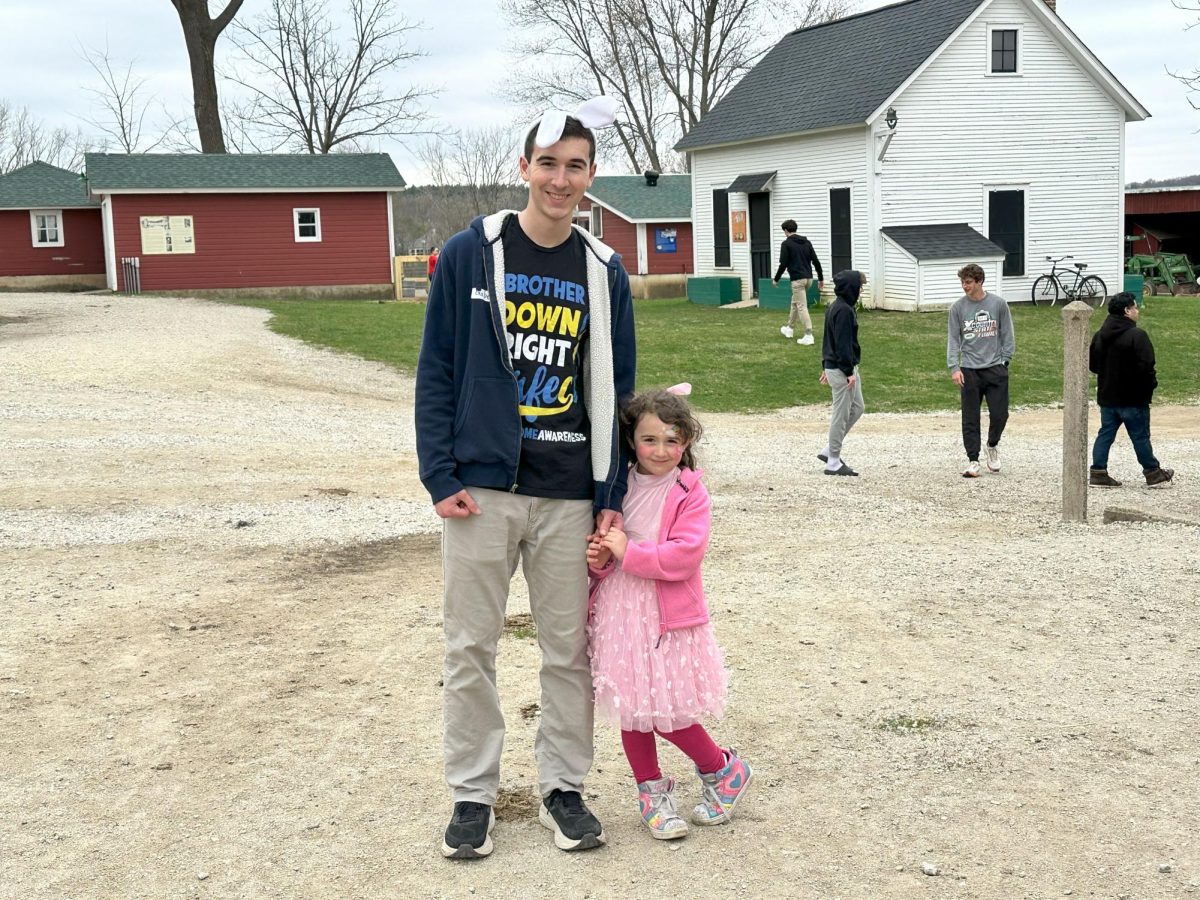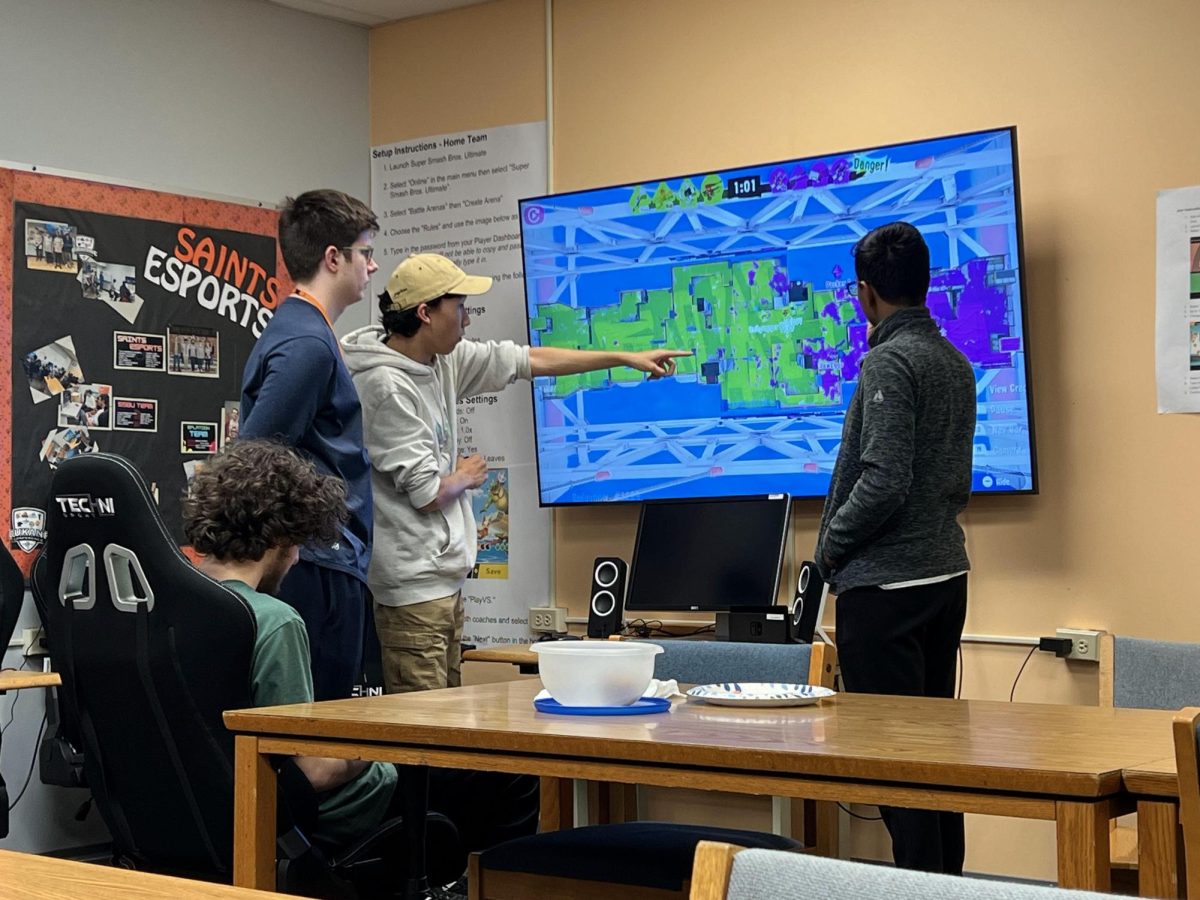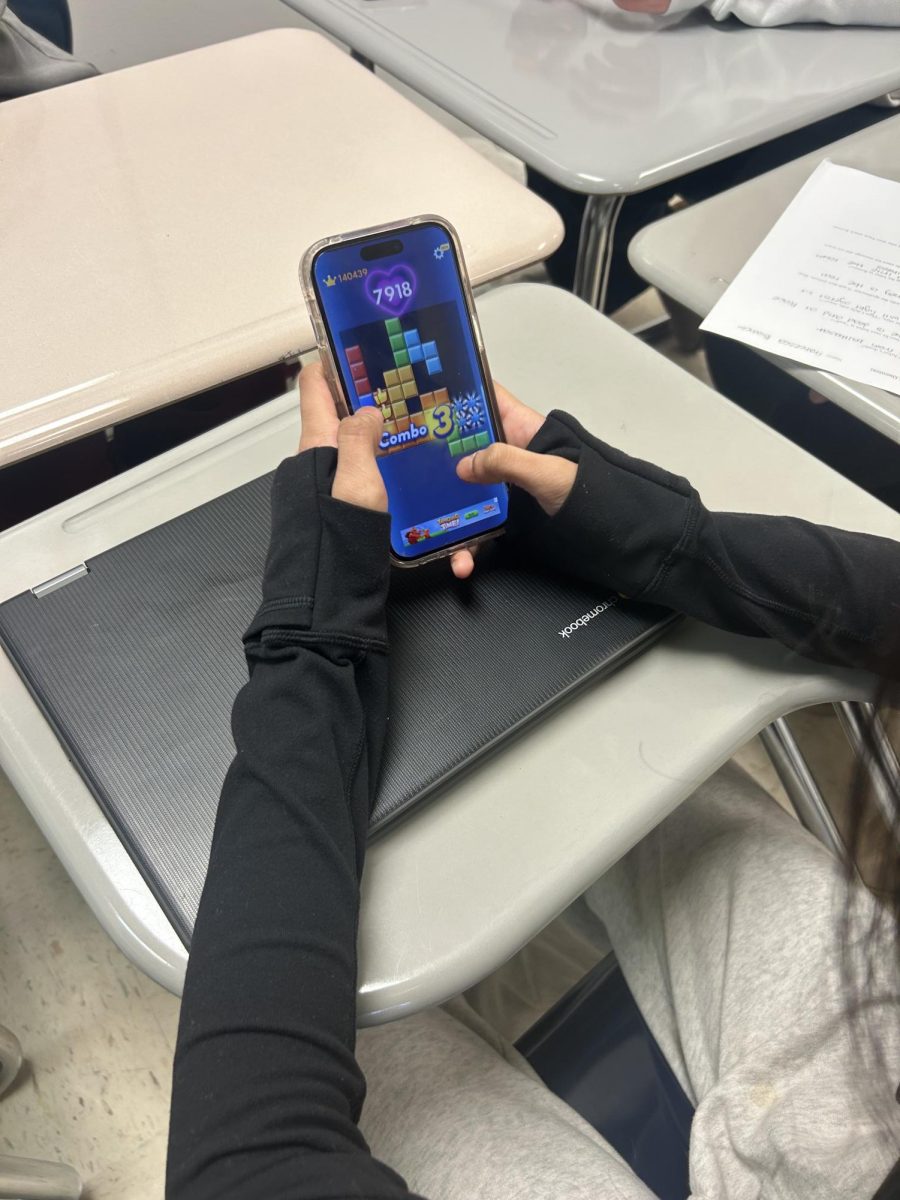This year, Oct. 31 is not only the day of death, mischief and ghoulishness. It is also the holiday of light, good over evil and comfort. Today is Diwalloween.
The Indian holiday of Diwali always falls on a different date because it runs on the Indian Lunar Calendar. Still, it always falls sometime between late October and early November. Halloween, as we all know, always falls on Oct. 31; coincidentally, this year, Halloween and Diwali both fall on Oct. 31.
Diwali–literally meaning “Row of Lights” and also known as Divali or Deepavali depending on the region in India you’re from–is a five-day holiday. The third day (Oct. 31. this year) is the main day, and the fourth day is the Indian New Year. If it were a normal year, the Indian New Year would fall on Nov. 1, which is also during the Hispanic holiday of Día de Muertos and the Francophone holiday of La Touissant, which both honor the dead. But sometimes after the main day of Diwali, there is a day of rest. This year, Nov. 1 will be a skip day, causing Indian New Year to fall on Nov. 2. The fifth and final day is Nov. 3, in which siblings celebrate the bond they have with each other (all of these dates vary depending on the region in India you are from). Diwali is not just a Hindu holiday–Sikhs, Buddhists and Jains celebrate the festival of lights too.
During Diwali, people light small clay lamps and fireworks. Religiously, Diwali celebrates an incarnation of the Hindu God Vishnu, who is an ancient Indian king named Rama, and his return from his 14-year exile. It also celebrates the Hindu Goddess of wealth and good fortune Lakshmi to bring good fortune for the new year to come. Culturally, Diwali signifies the end of the summer harvest, the start of winter and the last few days of the year (all of this varies depending on the region in India you are from).
Every year, Diwali falls so close to Halloween and it is always a struggle for the diaspora to celebrate two holidays synonymously that contrast each other so much. Many people have to quickly take down Diwali decorations after it’s done and put up Halloween decorations or vice-versa depending on the year, or just not put up Halloween decorations at all. At the same time, being part of the diaspora also means you celebrate holidays from your heritage and some from the Western world too, such as Indian Day of the Dead and Western Day of the Dead, Indian Independence Day and American Independence Day and Indian New Year and Western New Year.
So whether you’re celebrating Diwali, Halloween or both, have a happy start to the holiday season as the beauty of the ‘BER months commence.


